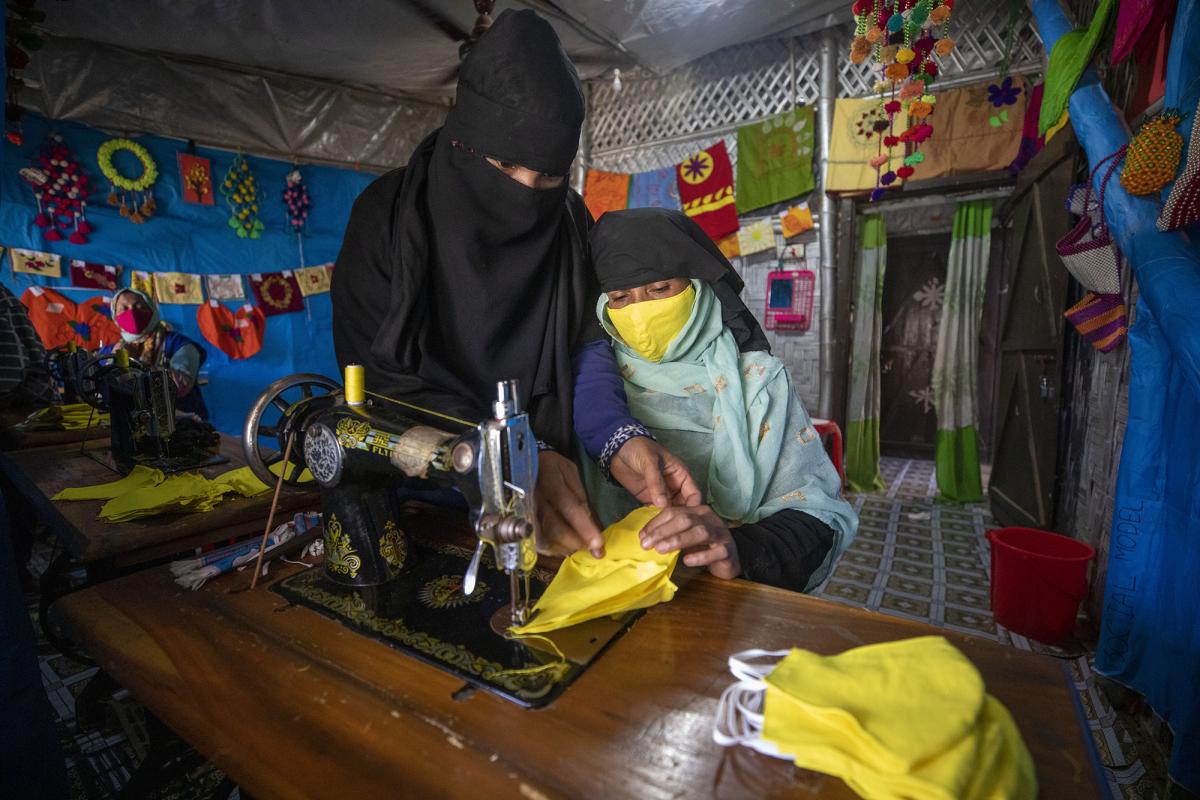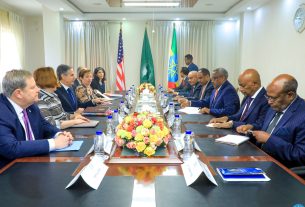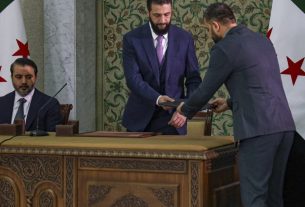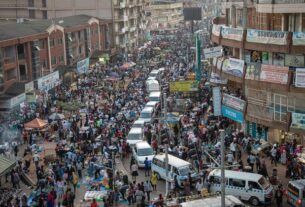Bangladesh’s southern district of Cox’s Bazar hosts hundreds of thousands of Rohingya refugees from Myanmar. “There are not many opportunities for women and girls in the camps,” says Rahima, a Rohingya refugee. “The cultural norms also make it more difficult for us to improve our capacities.”
With EU humanitarian funding, the International Organization for Migration (IOM) provides safe spaces for women and girls to access information, psychosocial support and learning opportunities. This is to empower women and girls and to help prevent gender-based violence.
Rahima Khatun lives with her husband and 5 children in one of the refugee camps in Cox’s Bazar. She experienced many financial challenges and could hardly meet the basic needs for herself and her children in the camp.
Living in displacement, Rohingya women and girls are vulnerable to gender-based and restrictive socio-cultural and gendered norms, which affect their mobility, taking, control over resources, information, and access to basic services.
With humanitarian funding from the European Union, IOM has been implementing actions to support Rohingya refugees and locals in Cox’s Bazar, especially women and girls.
IOM operates 9 women and girls’ safe spaces, 8 child-friendly corners and an emergency safe shelter.
These facilities do no harm, provide assistance to those in need, and prioritise respect for human rights, safety and dignity.
Through EU-funded operations, many women have received training at IOM´s women and girls’ safe spaces. This allows them to develop self-reliance skills and ways to protect themselves in their daily lives.
© IOM Bangladesh
“I came to know about these women and girls’ safe spaces,” says Rahima. “I started going there regularly and learned how to make different types of handcrafts with needle and thread and how to use a sewing machine,” she says.
She didn’t know how to use a sewing machine before joining one of the women and girls’ safe spaces. “In addition to tailoring skills, I have learned about various subjects such as COVID-19, hygiene and menstruation through many awareness sessions.”
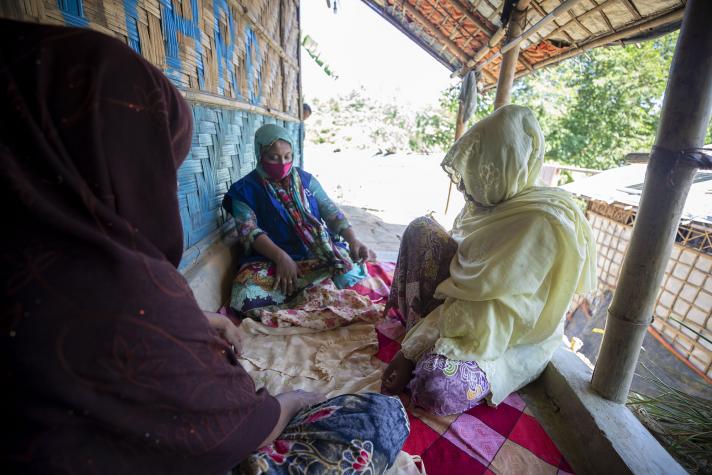
© IOM Bangladesh
Soon after Rahima was trained and developed her sewing and tailoring skills, she received many orders but could not follow up on all of them without a professional sewing machine.
Her situation changed for the better once she received a sewing machine from the project – she was able to work from her home and received new orders from her neighbours and people in the community.
“When I received the sewing machine, I started to take orders from the community,” says Rahima “I earn about BDT 6,500 to 7000 each month using the techniques I learned.”
While Rahima is continuously working on refining her skills, the 32-year-old can now make masks, bags, stone crafts and is receiving many orders.
Rahima also invites other women in her community to use her sewing machine and teaches others those skills she has developed over time. She has become self-reliant and even a role model in her community for other women and girls.

Some of the orders prepared by Rahima. © IOM Bangladesh
“I am now teaching my daughters how to sews and they help me in preparing the orders,” says Rahima happily.
“I am enormously grateful to those sisters and the staff who helped me become self-reliant,” she adds.
“I am happy that I don’t have to ask money from my husband anymore. I can afford things myself. I feel like a dignified woman in my community.”
Story by IOM.
Main picture: © IOM Bangladesh
Publication date: 08/12/2021
